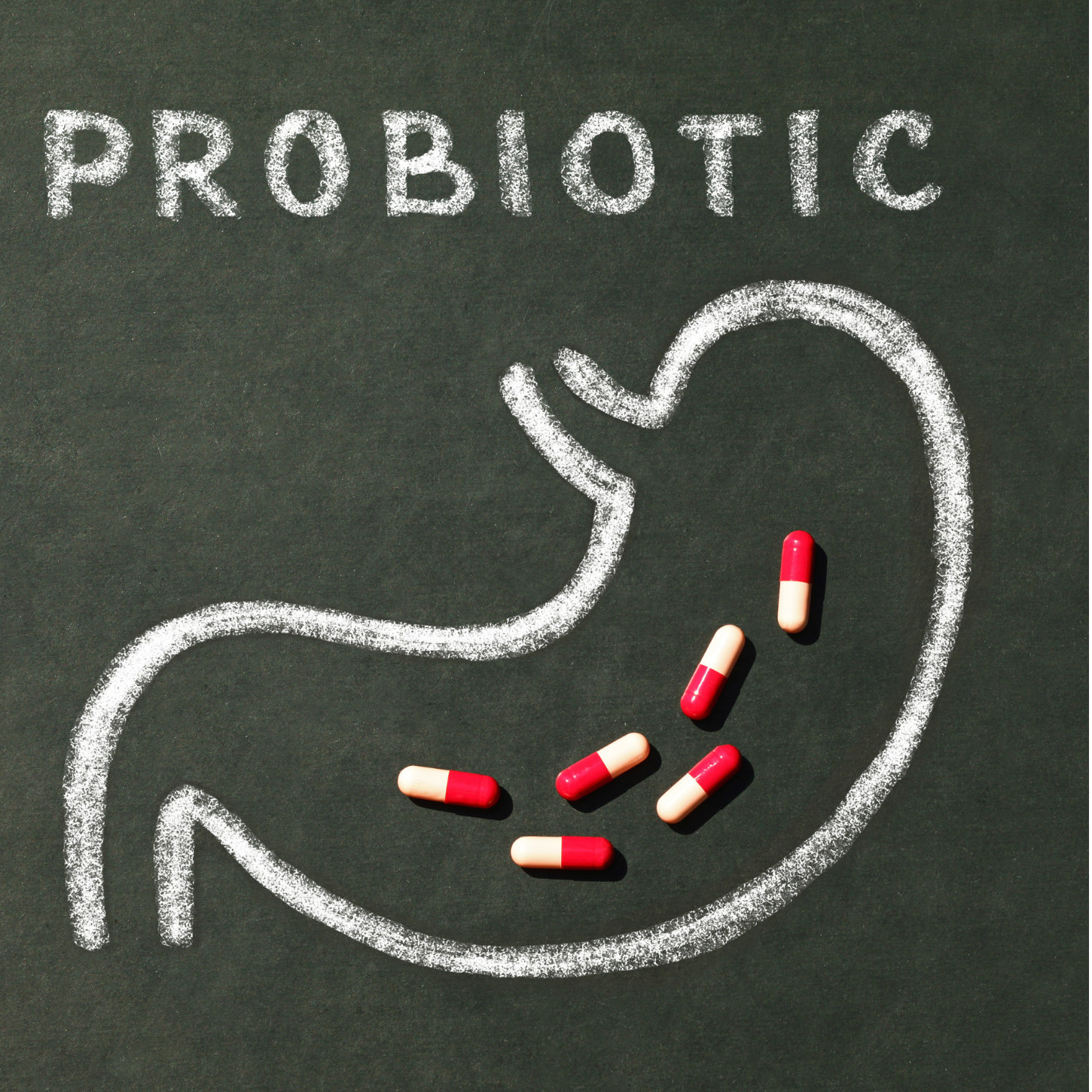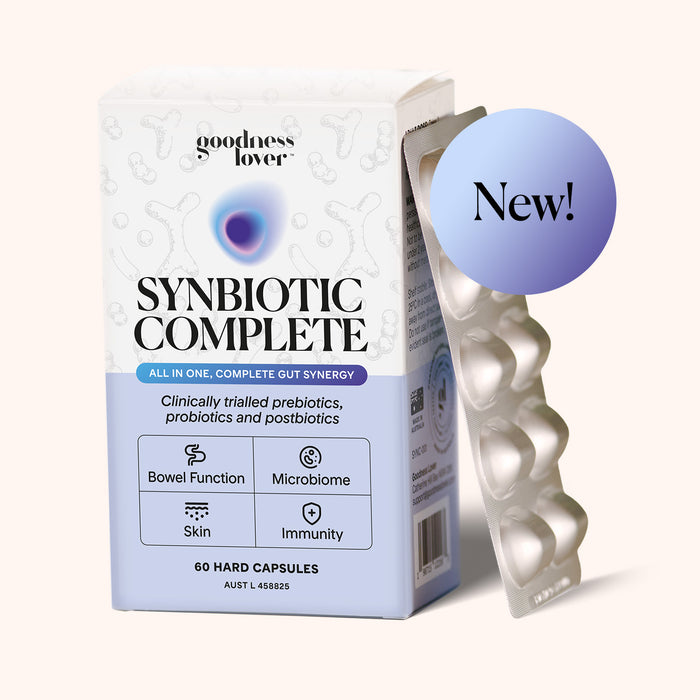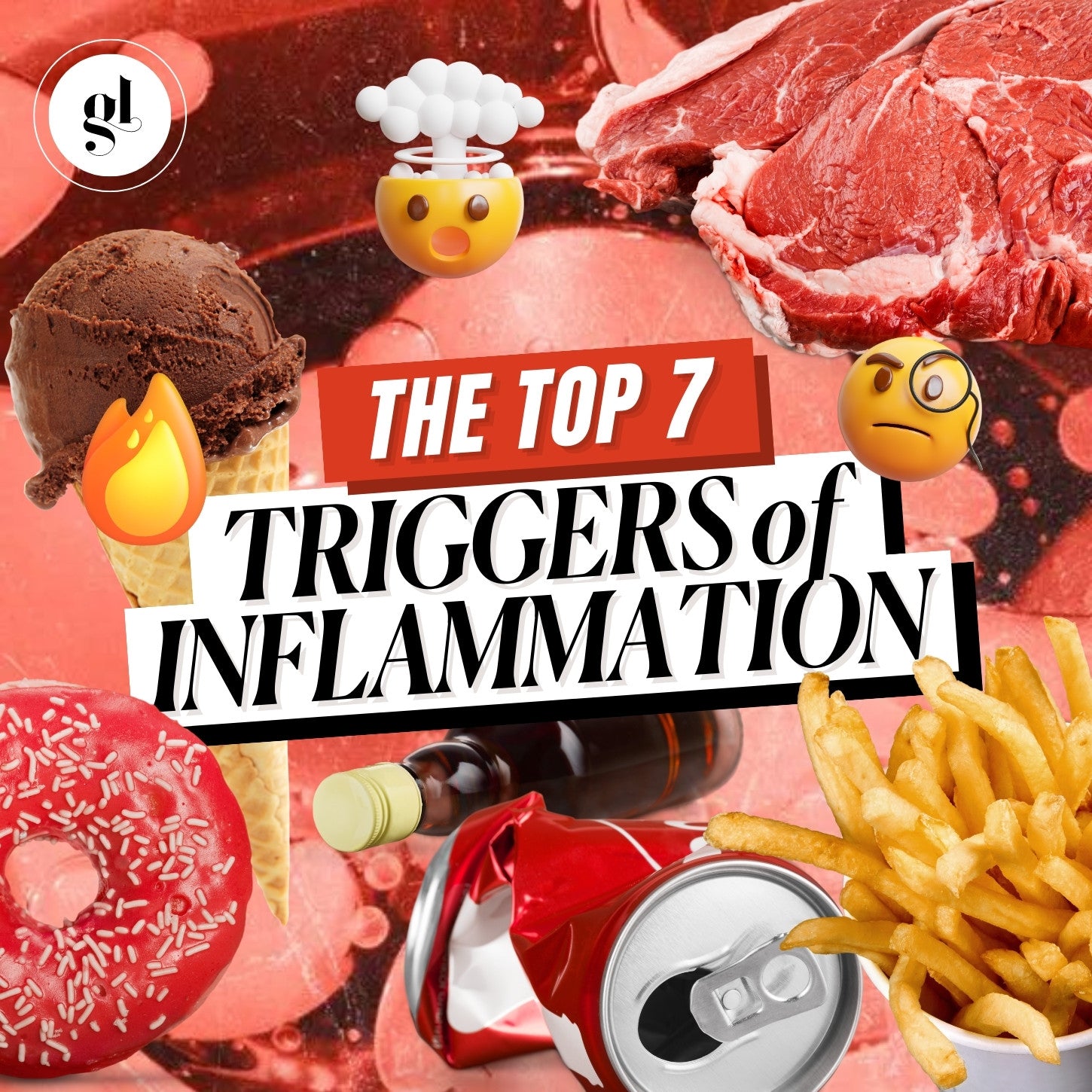Throughout your whole body, you have trillions of bacteria and other microorganisms which work like chemists to ensure various processes and reactions in your body are functioning properly. The vast majority of these microorganisms can be found in the intestinal tract, and this ecosystem is known as the gut microbiome.
When the gut microbiome has an imbalance of beneficial and pathogenic bacteria, you suffer from what is called dysbiosis, and your health can suffer in a multitude of ways. In fact, microbiome imbalances have been linked to a host of diseases, from gastrointestinal and mental health disorders to heart conditions and autoimmune diseases.
Fortunately, probiotics can lend a hand! By actively introducing live bacteria into your gut microbiome, you can help restore equilibrium in your gut, reduce inflammation, and protect yourself against disease.
With a few exceptions, probiotics can be taken safely from infancy to old age. For those under certain medical conditions or immunosuppressed individuals, probiotic supplements should not be taken without supervision by a healthcare professional.
However, despite the many benefits probiotics offer, sometimes taking them can lead to a feeling of discomfort. In this article, we'll take a deep dive into why that is and provide you with tips on how to minimize any potential discomfort caused by probiotic consumption.
Table Of Contents:
The Herxheimer Reaction
The use of probiotics can lead to an intense detoxification process, which may result in a vast array of symptoms ranging from mild to miserable. This is due to probiotics' die-off effects, a phenomenon likened to the ‘Jarisch-Herxheimer reaction.’
A Herxheimer reaction is a phenomenon first coined by physicians administering antibiotic therapy for syphilis. The patients were observed to initially worsen after commencing the treatment, and experienced a wide variety of symptoms, including bloating, flatulence, diarrhea, headaches, skin issues, anxiety, nausea, chills, fever, and muscle aches.
Although this reaction was associated with antibiotic treatment, the term has since expanded to include the reaction that sometimes occurs following probiotic supplementation in patients with dysbiosis.
It is hypothesized that the Jarisch-Herxheimer Reaction and its accompanying symptoms could be caused by bacterial endotoxins and microbial antigens being released in the body. Furthermore, practitioners of complementary healthcare suggest that a similar “die-off” process occurs when antimicrobial supplements are consumed; toxins from dying pathogens potentially overwhelm detoxification systems resulting in unwanted effects.
What are these die-off symptoms?
Introducing beneficial probiotics to your body can result in a brief, but impactful readjustment period. Some may notice die-off symptoms as the strains from their supplement combat and eliminate existing pathogens! This is an indication that the process of restoring balance for optimal health with probiotics is working.
Some of the symptoms you may experience as part of the Herxheimer reaction include:
Fortunately, these symptoms are temporary and are a sign that you’re on the road to balanced wellbeing.
How long do probiotic die-off symptoms last?
Introducing new elements into our bodies, whether through food or supplements, can create both positive and negative effects. Even when these changes bring about desired outcomes in the long run, a transition period may cause discomfort as we adjust to this state of flux.Our bodies are creatures of habit and become used to the state it’s in, even when it’s inflamed. Introducing any sort of change in this steady state, even if it’s positive, can cause added strain on the body and cause these side effects initially.
Probiotic bacteria are no exception. Probiotics are known for their ability to bolster gut microbiome health; however, this shift may cause temporary side effects as the body becomes accustomed to its newfound state of balance.
We now know that every individual's gut microbiome is unique. While most people experience no adverse effects from probiotic intake, those who do may suffer temporary symptoms that last for a few days up to one week. If symptoms persist past one week, it could indicate that something else is going on. Stop the probiotic and see if the symptoms abate. If they continue, talk to your healthcare practitioner, who can follow up with testing.
Various factors can influence how long the symptoms will last, including:
The Concept of Hormesis
We’ve talked about the Jarisch-Herxheimer reaction, now we’re going to talk about the concept of hormesis.
When you hear the word “stress,” you typically interpret it as a bad thing. However, there are times when stress can be a good thing.
For example, exercise can provide a beneficial form of stress to the body, resulting in improved muscle tone and an energized feeling that lasts for days. When you lift heavy weights, your muscle fibers respond by initially breaking down but then growing stronger again.
Hormesis, or the hermetic effect, is a type of biological response where mild stress leads to the enhancement of health and longevity of a cell, tissue, or organism. Without experiencing regular small doses of hormesis, you can become fragile and weak.
Introducing probiotics is a form of carefully administered stress that can lead to remarkable benefits. While they may initially produce unwanted side effects, in the long-term, they help to eliminate toxins, fight off harmful bacteria, support the immune system and repair the gut lining.
What do I do if I have digestive problems after taking probiotics?
Everyone's gut bacteria composition is unique, which means probiotic die-off effects can vary greatly in terms of duration and symptoms. If you notice only minor changes to your digestion or bowels that are easily tolerable, it could be a sign that the probiotics are working - stay consistent with your regimen! You could also add in probiotic strains such as Bifidobacteria lactis HN019, which has been shown to help reduce the severity of abdominal cramping and bloating.
Be aware, however, if you experience any serious or concerning symptoms related to their usage, it is essential that you seek medical advice instead of assuming they are connected to the probiotics.
If you’re struggling with constipation, try introducing a prebiotic fiber supplement such as partially-hydrolysed guar gum (PHGG), a quick-absorbing prebiotic blend that may help relieve digestive symptoms. It also provides essential food for healthy probiotics in the gut!
If your symptoms are unbearable after taking probiotics, you could try halving your dosage. If the recommended dose is two capsules, start by taking just one in the morning. You can even lessen your dose more by breaking open capsules if needed and dipping your finger into the powder.
Once your symptoms dissipate, you can increase your intake to the recommended dose. You can also try taking your probiotic supplement with food. Probiotics are more effective when taken on an empty stomach, but while you’re suffering from uncomfortable symptoms, take them with food. After your body has adjusted, you can begin to take on an empty stomach.
How to Choose the Right Probiotic
Detox symptoms may indicate that a product is working, but high-quality formulations can maximize their efficiency while simultaneously decreasing any unwanted side effects.Also, everyone has a unique gut microbial composition and therefore reacts differently to various probiotic strains. If you experience side effects, it might be that the specific strain is not suitable for your health needs and microbiome.
Clinical expertise and advice from a qualified health practitioner can help you find the right probiotic strain for you as an individual. The right strain will help you replenish and grow your own unique strains of bacteria that are living inside you. A qualified health practitioner will also be able to recommend good-quality probiotic supplements.
However, if you need to choose a probiotic supplement on your own, here are some key things to look out for:
- Opt for brands that use strains that have been tested in clinical trials at the same dose or a dose similar to that which is contained in the product.
- Ensure that the product you use has been third-party tested to verify that the product that you take home lives up to the promises on its label.
- Pay attention to CFUs (Colony-Forming Units) when investigating labels. This is a measure of live species that are contained within the product. Generally speaking, if you’re looking to treat a bacterial imbalance or restore your microbiome after antibiotic use, this number should be in the billions, not the millions.
- Look for a product that contains Lactobacillus and Bifidobacterium with several different strains and soil-based bacteria which help to stabilize an imbalanced gut.
- Diversity is the goal of a healthy microbiome. While inferior brands commonly contain just one strain of probiotic, high-quality products feature a variety of strains that have been shown to work together to support the gut.
- Avoid products that contain binders or fillers, such as lactose or corn starch, which can trigger digestive upset.
- Always check the expiration date to ensure that your product is guaranteed to last for the duration that you’ll be using it.
You may have noticed that probiotics don’t just list the strain but they also include an alpha numeric designator after it e.g. Lactobacillus reuteri DSM 17938. This shows that a scientific company has genetically strained and patented it for leasing to other companies to manufacture. When you see these strain identifiers, you know that these strains have been tested on humans for specific benefits.
Final thoughts
If you initially experience digestive symptoms after taking probiotics, this is not a cause for concern. If the symptoms are unbearable, you can lower the dose and take with food. However, if the symptoms persist for longer than seven days, discontinue use and consider any underlying gut issues which may be at play.
If you're feeling unwell and have yet to find a cause, consider consulting with a functional medicine practitioner. Through careful gut testing and interpretation, they may be able to diagnose underlying conditions such as SIBO or yeast overgrowth that could explain your symptoms.
In addition, choose a high-quality, third-party tested probiotic with the right strains, an adequate number of CFUs, and one that doesn’t contain synthetic binders or fillers, which can trigger digestive upset.
Lastly, don’t forget that along with taking probiotics, making changes to your diet and lifestyle, such as increasing your fiber intake, getting exercise, sleeping well, and drinking plenty of filtered water, are game-changers when it comes to improving your gut health.
Recipe Spotlight: Apricot Chia Seed Pudding
This Apricot Chia Seed Pudding recipe is full of ingredients that can help nourish your microbiome and let the good bugs in your gut flourish. From chia seeds to walnuts, these are good all-natural sources of probiotics that you can easily add to your diet.
You can leave the pudding mixture in the fridge for at least two hours. But if you leave it longer, the consistency will get thicker—it’s up to you to find the texture that you like! Serve this as either breakfast or dessert. Enjoy!














What Do You Think? Comment Below: